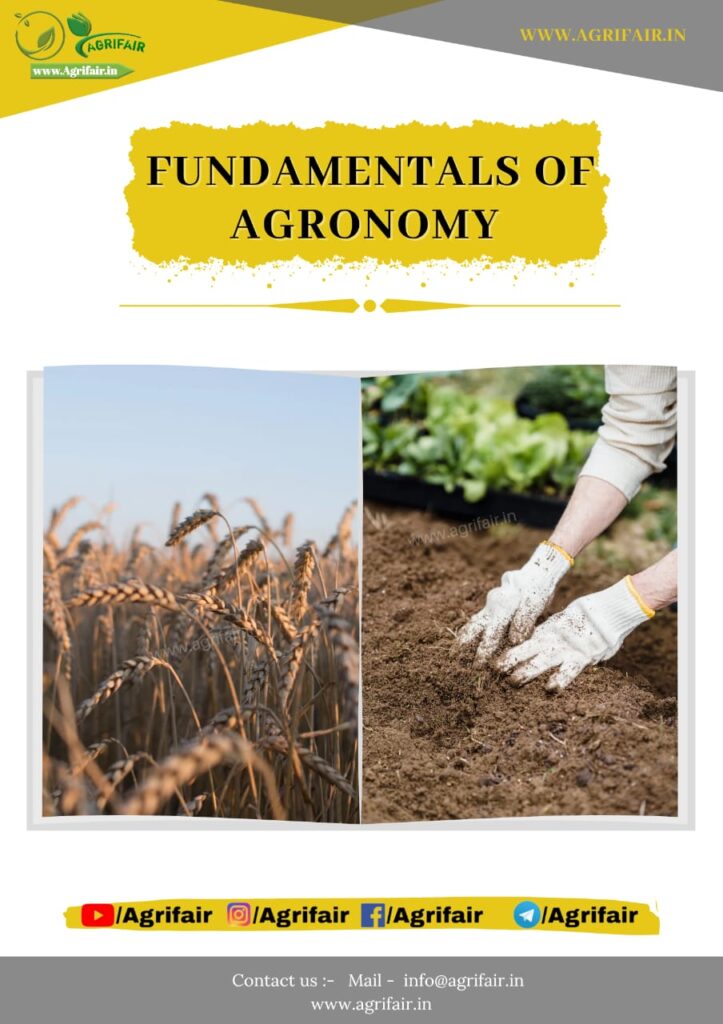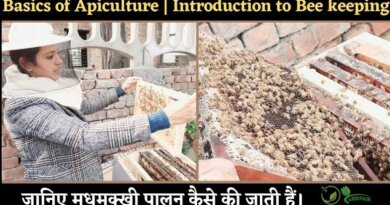Fundamentals of Agronomy PDF: Discover the essentials of agronomy in this comprehensive PDF guide.
As the world’s population continues to grow, the demand for food is increasing. Agronomy plays a crucial role in meeting this demand by ensuring that crops are grown efficiently and sustainably. If you’re interested in learning about the basics of Agronomy, you’ve come to the right place. In this article, we’ll cover the fundamentals of agronomy in detail, with a particular focus on how it can be applied to PDF materials.
What is Agronomy?
Agronomy is the science of crop production and soil management. It involves the study of soil properties, plant genetics, and how crops interact with the environment. The goal of agronomy is to improve crop yield and quality while minimizing negative impacts on the environment.
Agronomy is an interdisciplinary field that draws upon biology, chemistry, and physics. Agronomists work closely with farmers to develop farming techniques that are tailored to specific soil and climate conditions. They also develop new crop varieties that are resistant to pests and diseases.

Download Fundamentals of Agronomy PDF
Book Details
Name: Fundamentals of Agronomy
Language: English
Pages: 118
Author: BAU
Click below to to Download
You may like this : Introduction to Soil Science
You may like this : B.Sc Agriculture Books
Contents of the Fundamentals of Agronomy Book
| S.N. | Course content Break-up |
| 1. | Agronomy and its scope |
| 2. | Seeds and sowing |
| 3. | Tillage and tilth |
| 4. | Crop density and geometry |
| 5. | Crop nutrition, Manures and fertilizers |
| 6. | Water resources and soil – plant – water relationships |
| 7. | Crop water requirement and water use efficiency |
| 8. | Scheduling of irrigation and methods of irrigation |
| 9. | Quality of irrigation water |
| 10. | Weed and its classification |
| 11. | Weed management |
| 12. | Herbicide classification |
| 13. | Allelopathy |
| 14. | Growth and development of crops |
| 15. | Plant ideotype |
| 16. | Crop rotation and its principles |
| 17. | Harvesting and threshing of crops |
Fundamentals of Agronomy Conclusion
The future of agronomy looks promising, with advancements in technology and research leading to new innovations in crop production. Sustainable agriculture is becoming increasingly important, and agronomists will play a crucial role in helping farmers to adopt sustainable practices that are both economically viable and environmentally friendly.
There are also many career opportunities in agronomy, from research and development to consulting and advising. With a growing demand for food and a need to reduce the environmental impact of agriculture, the role of agronomy in the future of agriculture will be more important than ever.
By providing a comprehensive introduction to the fundamentals of agronomy, this guide aims to equip farmers, students, and agronomists with the knowledge and tools they need to succeed in crop production and sustainable agriculture.
You may like this : Agriculture Dictionary



